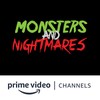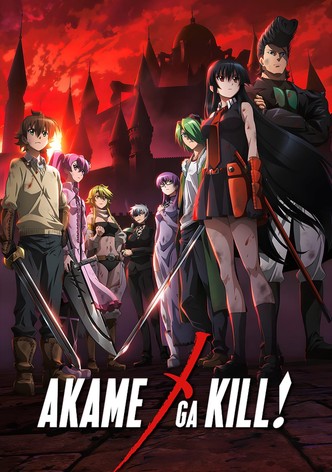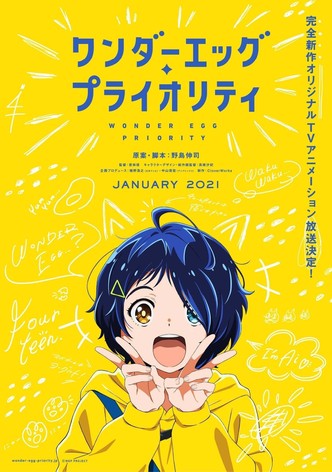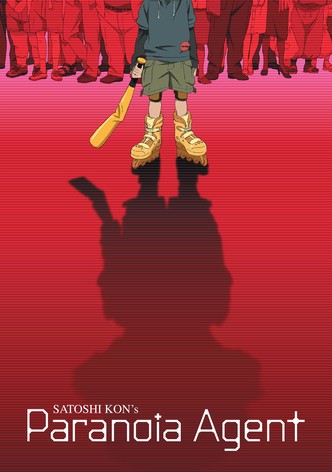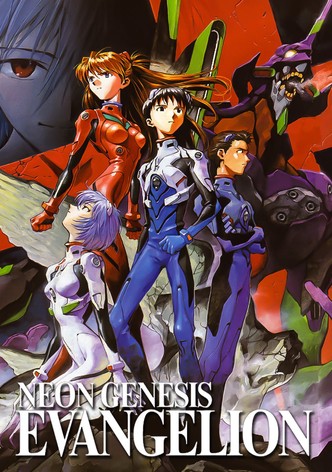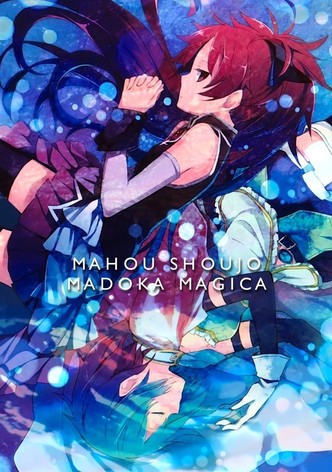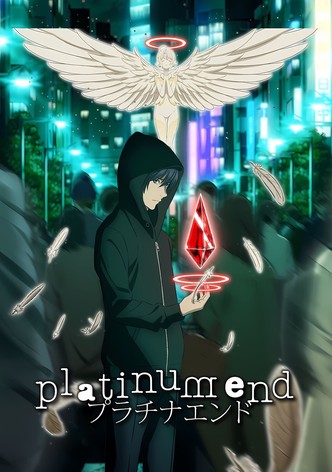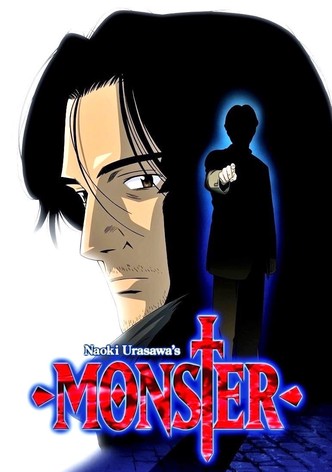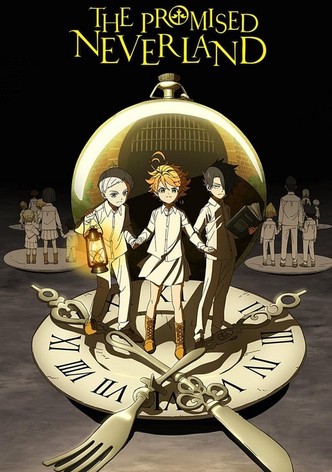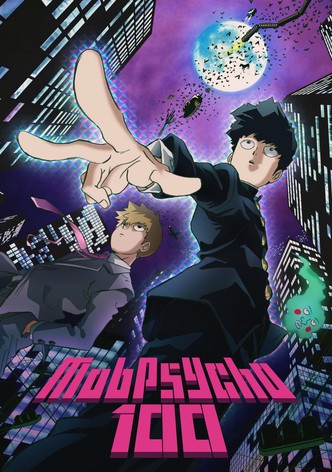It’s not how you start, but how you finish. That age-old adage can apply to many things, but never has it been truer than for TV shows. After spending years upon years growing to love a world and its cast of characters, an ending can either make or break a series. Just look at Game of Thrones (2011-2019). Anime is no different. Sometimes, an anime is the perfect coda to a series, and other times it's a completely unmitigated disaster.
The tough thing about anime endings is that it isn’t a science; it's not quantifiable what makes an ending good or not. There are shows with anime original endings that are great, and others aren’t. Sometimes a show is faithful to the original manga or light novel, but that faithfulness may, in fact, be a weakness as the show cuts corners to reach that ending. With My Hero Academia set to conclude its eight-season run over on Crunchyroll and Hulu, let’s look at five anime with perfect endings and five with infuriating ones.
WORST: Akame ga Kill! (2014)
In the world of Akame ga Kill!, many people die. From the very beginning, the anime quickly establishes that the friendly cast of heroes you’re meant to bond over will most likely meet some gruesome and brutal end. No one is safe, and the ending of Akame ga Kill! only serves to reinforce that idea in the worst way possible.
To be clear, while the ending has its fans, like myself, there’s no denying that the changes it makes from the source material are polarizing. Many characters are unnecessarily killed for shock value, and while it does lead to some great twists that would feel right at home in Attack on Titan (2013-2023), very few of them manage to resonate emotionally. Because of this, the last few episodes of this 24-episode anime feel cheap and hollow, making Akame ga Kill! feel like a pale imitation of Attack on Titan with some cool character designs and fight scenes, but cheap kills that solely exist for shock value.
BEST: Oddtaxi (2021)
On the surface, Oddtaxi is a chill and cool series about a grumpy walrus driving a taxi. It feels smooth in the same way that Call of the Night (2022-2025) is, but dig a little deeper, and you’ll find a complex murder mystery that keeps you glued to your screen.
Few murder mysteries layer on as many complexities as Oddtaxi. And as the series builds more and more to its finale, you genuinely have no idea what’s going to happen. Will our hero get a happy ending? Will the villain be brought to justice? Hell, who even is the villain, and what’s going on with all of the weird references made throughout the show’s 13 episodes? Can we even trust the show’s protagonist? All of it comes together in a masterful finale that will satisfy anyone looking for a great modern-day mystery that isn’t afraid to break away from the anime industry's usual comfort zones.
WORST: Wonder Egg Priority (2021)
Ambition is a double-edged sword. An anime can have truly thought-provoking ideas, rich symbolism, and animation to light the world on fire. But if a studio doesn’t have the talent, budget, or resources to execute that vision, then you get disasters like Wonder Egg Priority.
The ending of the show was delayed by three months, and it was very clear that the production suffered because of that. It’s not as seismic a budgetary decline as One Punch Man (2015-present), but it’s pretty close, and that’s not even getting into how the finale almost seems to actively undermine everything the show had established up until that point. It’s only made even worse by how sensitive the show's themes are, making some of its revelations feel like they’re in poor taste. While the risks that Wonder Egg Priority takes in its earlier episodes are worth a look, after you reach episode 11, it’s better to just stop engaging with it and imagine what the ending is like for yourself. Probably would be better than what the ending actually is.
BEST: Paranoia Agent (2004)
If you want an anime to challenge you like never before, Paranoia Agent is ready to answer the call. While the series initially seems confusing, with episodes seemingly disconnected from each other, what makes the series shine is how its ending connects all of its disparate elements together.
Each episode tends to focus on a new character and how they tie into the larger plot, but all the cast face similar problems: they’re this close to a nervous breakdown and need help. It all eventually builds into a finale that may seem confusing at first glance, with the show blending fact and fiction much in the same way that Serial Experiments Lain (1998) does, but its finale is a wonderful analysis of nostalgia and the lies we tell ourselves to absolve ourselves of our mistakes. Satoshi Kon is a master at psychological drama, and if you want an ending that blurs reality just like a David Lynch movie, Paranoia Agent is a true treat.
WORST: Neon Genesis Evangelion (1995-1996)
While the reputation of Neon Genesis Evangelion has grown more positive in recent years, old-school fans of the series will remember that the original ending of the series was an esoteric and budgetary nightmare that actively harmed the show’s enduring appeal.
To call the original ending of the series ‘rushed’ would be an understatement. The show’s creator, Hideaki Anno, went out of his way to create an ending that provided no resolution and actively refused to answer any lingering questions. The psychological autopsy of its protagonist was unique for its time, but the hackneyed and corny conclusion became the fodder of ridicule and memes for years. The only other show that had an ending as deflating as Neon Genesis Evangelion would be Lost (2004-2010). Fans hated it to the point where Gainax would eventually release a film, Neon Genesis Evangelion: The End of Evangelion (1997), to address the fan criticisms and provide a new ending, but whether or not it's better or worse is up in the air.
BEST: Puella Magi Madoka Magica (2011)
Dark deconstructions of well-known genres are relatively commonplace today, but Puella Magi Madoka Magica was one of the most popular and critically acclaimed for its time. Even today, if you want a more horrific and tragic take on Sailor Moon (1992-1997), you can’t do much better than Madoka Magica.
The series slowly peels back layer after layer of trauma for its small group of magical girls and their fights against the witches who attack them. It’s a grueling journey, and by the time the final episode begins, whether or not the girls will get a happy ending is almost impossible to predict. While the ending to the series isn’t exactly a happy one, it’s one that’s very thematically poignant and will probably lead to a few tears being shed. Madoka Magica’s finale sticks with you long after the show’s over, easily earning the show its place as one of the darkest and best anime of the 2010s.
WORST: Platinum End (2021-2022)
Platinum End is a series that sounds good on paper. From the creative team behind Death Note (2006-2007), Platinum End aimed to provide thought-provoking commentary on suicide, the nature of religion, and what a person would do if they were given unlimited power. And for a time, it does… and then the ending just completely ruins it.
After 24 episodes of philosophical discussions mixed in with the occasional action beat, Platinum End decides to wrap up its run by quite literally throwing in the towel. It is the living embodiment of the trope “rocks fall, everyone dies.” While the show failed to live up to Death Note’s success, those moments were completely undermined by how meaningless the ending made each of those successes. Nothing mattered, and the resolution just feels mean-spirited, like you’re a fool for getting invested in the show’s theistic take on the battle royale genre. The sad part is that this wasn’t an anime original ending. This is exactly how Tsugumi Ohba and Takeshi Obata wanted the series to end. Well, they got their wish, and it’s now one of the most infamous anime endings of all time.
BEST: Monster (2004-2005)
Naoki Urasawa is one of the best mangaka living today, yet most of his manga rarely get made into anime. However, one of his most compelling manga was Monster, which thankfully was adapted into an anime and has one of the most satisfying endings of any anime.
Monster is a cat-and-mouse thriller between a sociopathic serial killer, Johna Liebert, and the doctor who saved his life when he was a child. For a staggering 74 episodes, we follow our two leads as they chase one another around the world, yet the ending poetically circles back to the same conflict Dr. Tenma faced all those years ago. We see the cast of characters move on with their lives, and each of them gets a fitting conclusion. Much like other long-running thrillers like Breaking Bad (2008-2013), the ending feels definitive, with only a few loose threads that are intentionally left for viewers to think over. With themes of forgiveness, justice, and morality on full display, Monster’s ending is a worthwhile and satisfying ending for such a long journey.
WORST: The Promised Neverland (2019-2021)
The first season of The Promised Neverland was a fantastic psychological thriller that laid out the groundwork for a second season which was brimming with potential. What we got was one of the most truncated, poorly thought-out, and soulless endings in the medium’s history.
There are no words to describe how bad the ending of The Promised Neverland is. While there are many, MANY, crimes that the show’s second season committed, the most glaring one was how it overly simplified the conflict to a laughable degree. Much like how Game of Thrones completely ignored years of character development for its ending, all of the character development and worldbuilding were thrown out the window in favor of a hackneyed slideshow telling the viewer events that they would never see animated. For fans of the first season, it was deeply disappointing. For fans of the manga, it was downright offensive. If you’re going to watch The Promised Neverland in any capacity, it should be as a cautionary tale for how not to write an ending.
BEST: Mob Psycho 100 (2016-2022)
Unlike The Promised Neverland and its botched finale, the ending of Mob Psycho 100 perfectly encapsulates the journey that its protagonist, Shigeo “Mob” Kageyama, had been undergoing for three seasons.
To see Mob’s development over three seasons is a thing of beauty. While he began as a nervous and reclusive adolescent, he ends with a thriving support network of friends, mentors, and people who like him for who he is. You feel joy that Mob found the support and love that he deserves, and much like the ending the Elric Brothers received in Fullmetal Alchemist: Brotherhood (2010-2011), it’s an ending that makes you smile. Mob was always afraid of what he was capable of, but in the show’s finale, he finally accepts himself. It’s a happy ending for everyone involved. Sometimes, that’s all you need. Just let the cast live happily ever after.

























































































































































































































































































